Living in the Hunting Ground
December 8, 2016
On December 7, 2012, Florida State University freshman Erica Kinsman found herself in the emergency room, being administered a rape kit. That night, Kinsman reported an incident of sexual assault to the police. Weeks later, she discovered the identity her alleged rapist–classmate and star quarterback Jameis Winston–in one of her classes. Though she reported his name, action was not taken for ten months. Even then, despite evidence that Winston’s DNA matched that found on her rape kit, with access to over 30 security cameras in the bar where they had met, with countless pleas from the victim and her family, Winston was never charged by the police. He was cleared by FSU’s Conduct Panel and was the first pick in the 2015 NFL draft.
According to the National Sexual Violence Resource Center, one in five women in the United States will be sexually assaulted in college. In eight out of 10 reported rape cases, the assailant was someone that the victim knew personally. It is estimated that 90 percent of victims will not go on to report the rape.
Rape happens. It happens on college campuses. It happens to our friends and our classmates, no matter their gender, no matter who they are.
Kinsman’s story is one of many told in the 2015 documentary “The Hunting Ground,” an exposè of the sexual assault epidemic that runs rampant on college campuses. The documentary also chronicles a series of Title IX complaints that have been filed on the basis of sexual assault since the two University of North Carolina at Chapel Hill students, Annie Clark and Andrea Pino, first spoke up about the way their rape cases had been handled by the University.
Title IX protects against discrimination based on sex in education, including acts of sexual violence. As of June 15, 2016, the U.S. Department of Education is currently investigating 246 sexual violence cases. UNC is one of 195 postsecondary institutions currently under investigation for Title IX violations, which include efforts to silence victims or cover up incidents. These statistics only reflect cases that have been reported by students and victims of sexual assault and are only those filed in response to an institution’s inability to properly handle the case. In simpler terms, victims file Title IX complaints because their schools are not doing enough about their assault. This could mean that the University has taken no action, attempted to cover up the case, or failed to properly hold the rapist accountable.
Failure of universities to properly deal with rape allegations is not isolated, and we cannot remove ourselves from it. Burlingame High School is roughly 20 miles away from Stanford University. Since 2012, ten BHS graduates have attended Stanford. Stanford has a stellar academic record, producing successful alumni and carrying incomparable esteem. It is not rare to find students in this area whose entire high school careers have led to submitting their application. However, its record of handling sexual assault is less than ideal. From 1996-2013, Stanford had 259 reported sexual assaults and only one related expulsion. The university has made news recently after student Brock Turner raped an unconscious classmate on the campus after a party and was sentenced to six months, of which he only served three. The university did very little to increase safety or provide resources for victims.
“Rather than using this terrible experience to implement necessary rules and education about sexual assault on their campus, Stanford banned hard alcohol at parties, as if that would make a difference,” senior Haley Koenig said. “It terrifies me that there are so [few] laws protecting victims, and so many judges who are willing to help the assaulter.”
Incidents like this are not unique to Stanford. From 1998-2013, the University of Virginia had 205 reported sexual assaults and zero related expulsions. In the same period, 183 students were expelled for violating the Honor Code (i.e. cheating).
“If we value cheating more than we value someone who has been assaulted, there is something wrong with that,” Linda Himelstein, who worked as an investigative reporter on “the Hunting Ground,” said.
The culture surrounding sexual assault on campuses across the country is deeply rooted. Among other things, these assaults are influenced by party culture, rape culture, and the sense of freedom that 18 year olds feel when they first leave home to start their adulthood. Many young adults go to college thinking that they are prepared, but lack certain skills or tools to safely navigate the realities of living on a college campus.
Himelstein added that, while college students are undoubtedly bombarded by “lots of partying, frats, hook up culture, and all of these are contributing factors, I also think that a lot of people come to college with misconceptions of what consent is.. that creates a communication problem. It’s not just what it is but how to give it.”
Like most of the factors in the prevalence of sexual assault, consent education is a problem long before students get to college. In fact, most teenagers become sexually active in some way before they even leave high school. The documentary “Audrie and Daisy” follows the stories of two sexual assault cases involving high school girls in 2012 and the harassment they faced after their assaults. One of the cases, the assault of Saratoga teen Audrie Pott, ended in her suicide. Teenagers are the majority of those who experience sexual assault and, just like college students, they rarely report it or even know how to define it.
“I think a very large part of [understanding consent] depends on where you live and what the norm is in your community,” Koenig added.
The issue of reporting an assault is often not explained or emphasized to young adults, which means that, when faced with trauma, they are often too uncomfortable to do anything about it.
After Donald Trump’s presidential victory on November 8, Australian musician Darren Hayes (Twitter user @darrenhayes) tweeted “We ask women why they don’t come forward when sexually assaulted. It’s because we live in a society where their abusers can become president.” The tweet got 25,000 retweets within hours of publishing.
Educators around the county and documentaries like “the Hunting Ground” and “Audrie and Daisy” are calling for the discussion of sexual assault before it affects young people, not after.
“People don’t understand how many people are sexually assaulted in their lifetime…it kind of wakes you up. Like, that could be me, my friend, my brother, my sister, that could be anyone,” Koenig said.
Check if a school is being investigated under Title IX:
https://www.documentcloud.org/documents/2861781-List-of-195-Higher-Ed-Institutions-Under-Title.html
Hotlines:
National 24 hour Sexual Assault Hotline – 1-800-656-4673
San Francisco Women Against Rape crisis hotline – (415) 647-RAPE
Rape Crisis Centers:
San Francisco Women Against Rape
San Francisco, CA 94110
Hotline Phone: 415-647-RAPE (7273)
Business Phone: 415-861-2024
Trauma Recovery Center / Rape Treatment Center:
San Francisco, CA 94110
Business Phone: 415-437-3000
Rape Trauma Services:
Burlingame, CA 94010
Hotline Phone: 650-692-7273
Business Phone: 650-652-0598
Special Services: Disabled, Elderly, Family,
GLBT, Under 12, Male, Teen, Spanish
Other Languages: Mandarin
TTY: 650-652-0598 9am-5pm
Women’s Crisis Support and Shelter Services:
Santa Cruz, CA 95060
Hotline Phone: 888-900-4232
Business Phone: 831-425-4030


![WASC looks for more than the basic California State standards. According to chairperson Mike Woo, “As new rules and new concerns come up through society, [WASC] look[s] is the school doing something about that. Like the biggest trend post-COVID is mental wellness. So is your school doing something to address the mental health of the students? Along with are they still doing the proper academics?”](https://theburlingameb.org/wp-content/uploads/2024/03/IMG_3401-1200x1200.png)
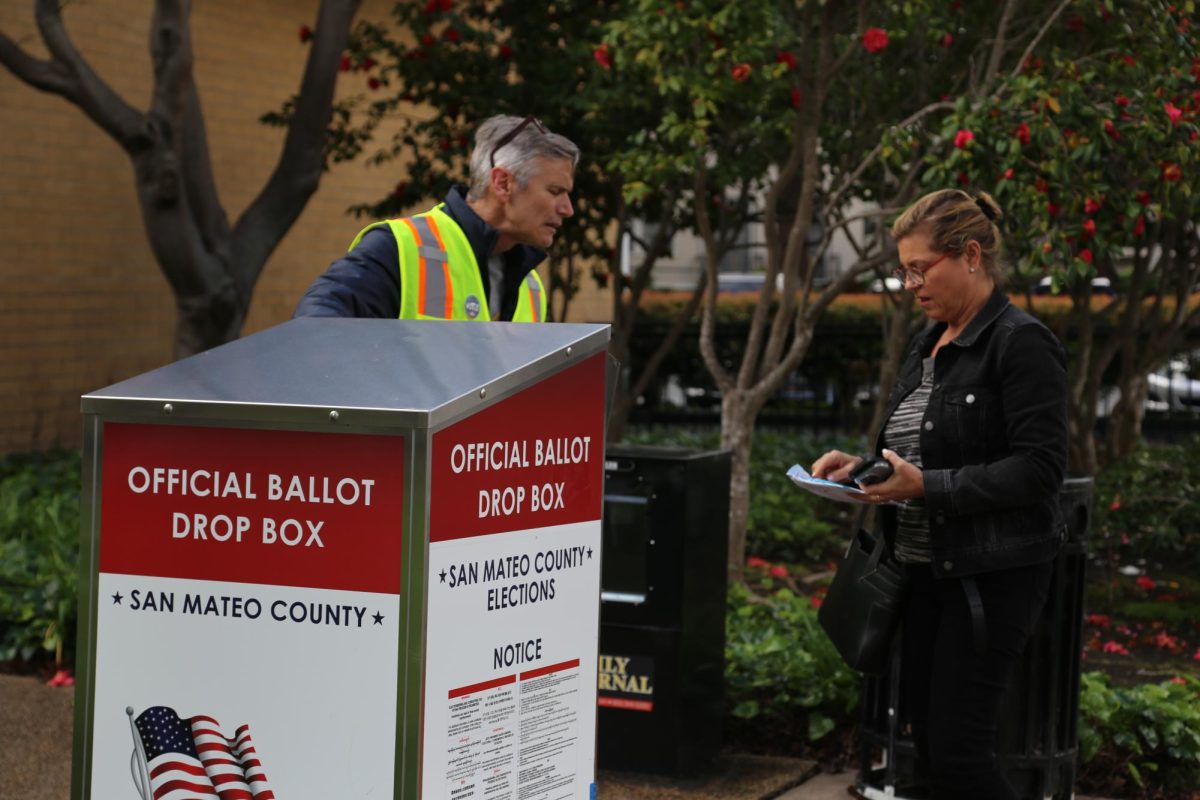



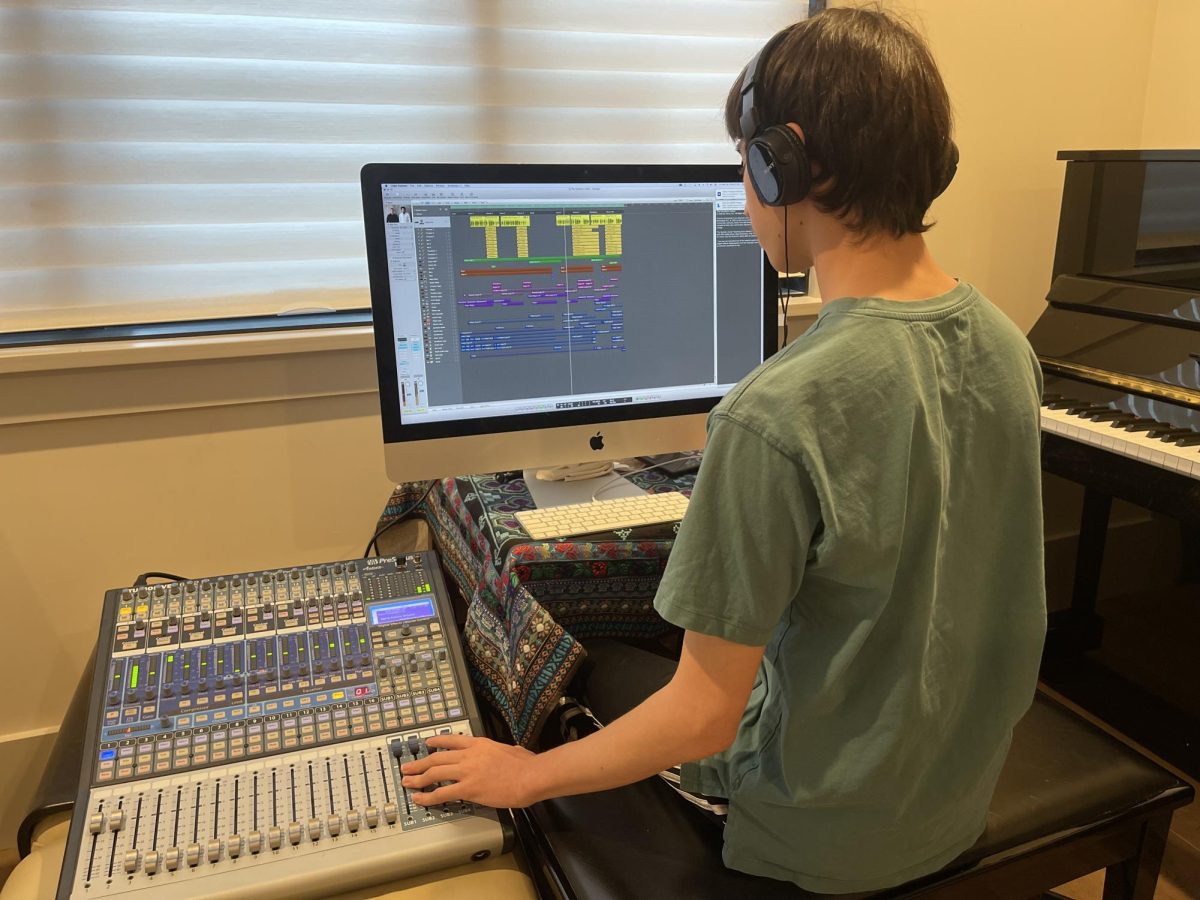
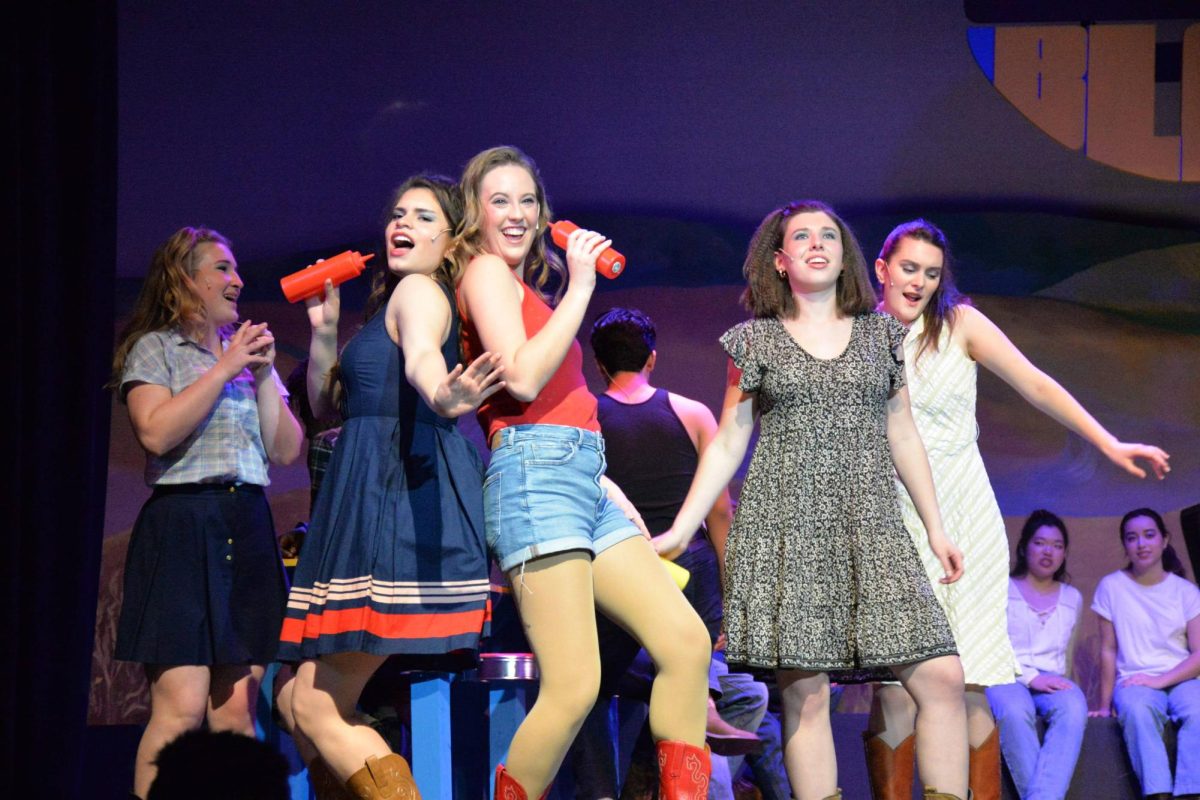
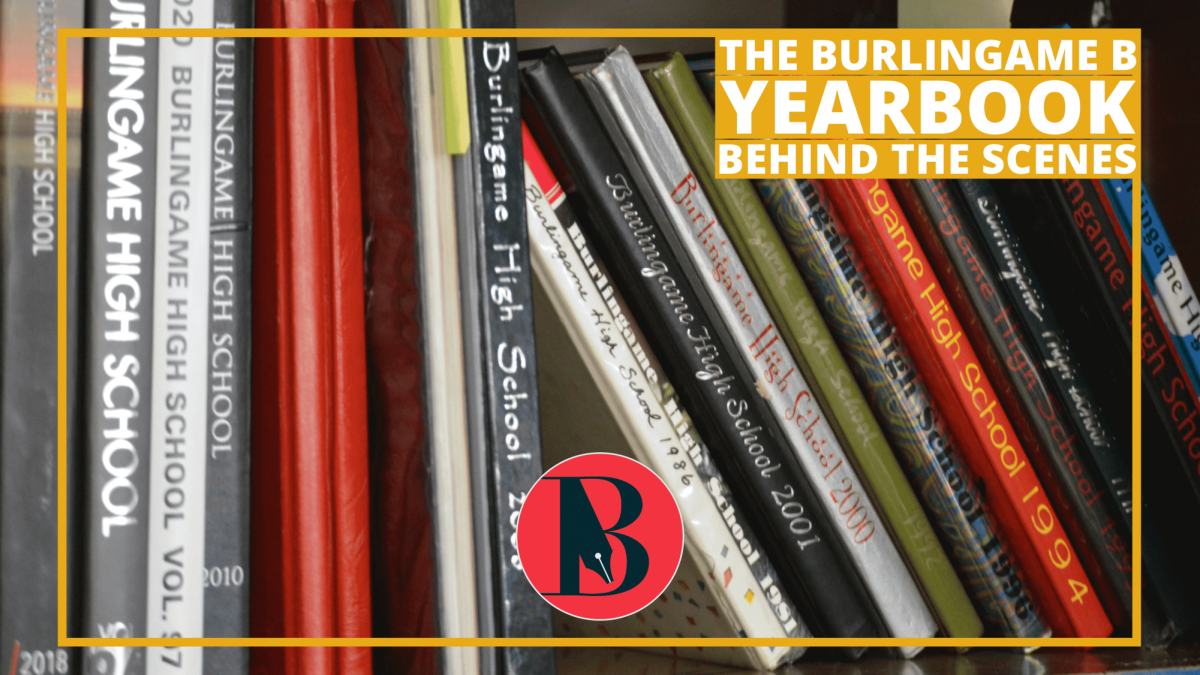
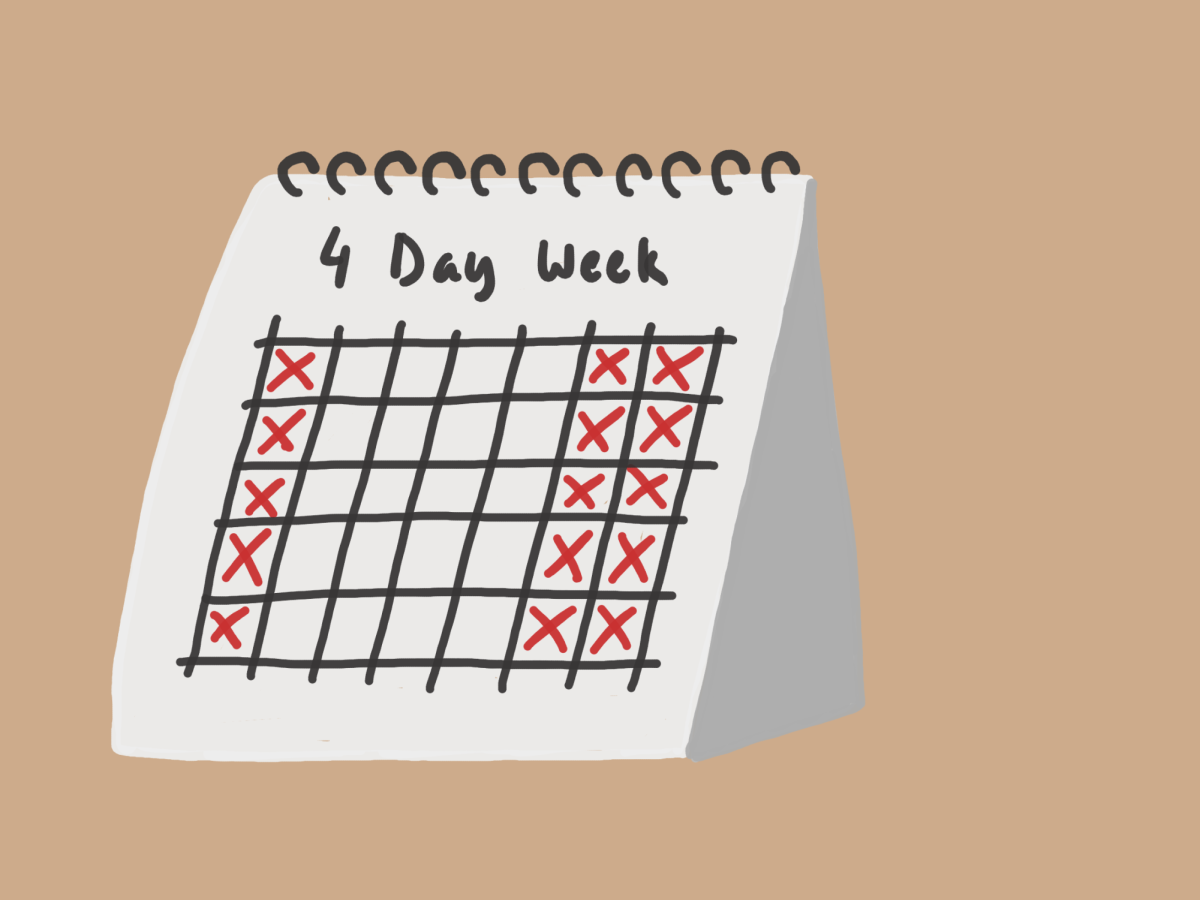





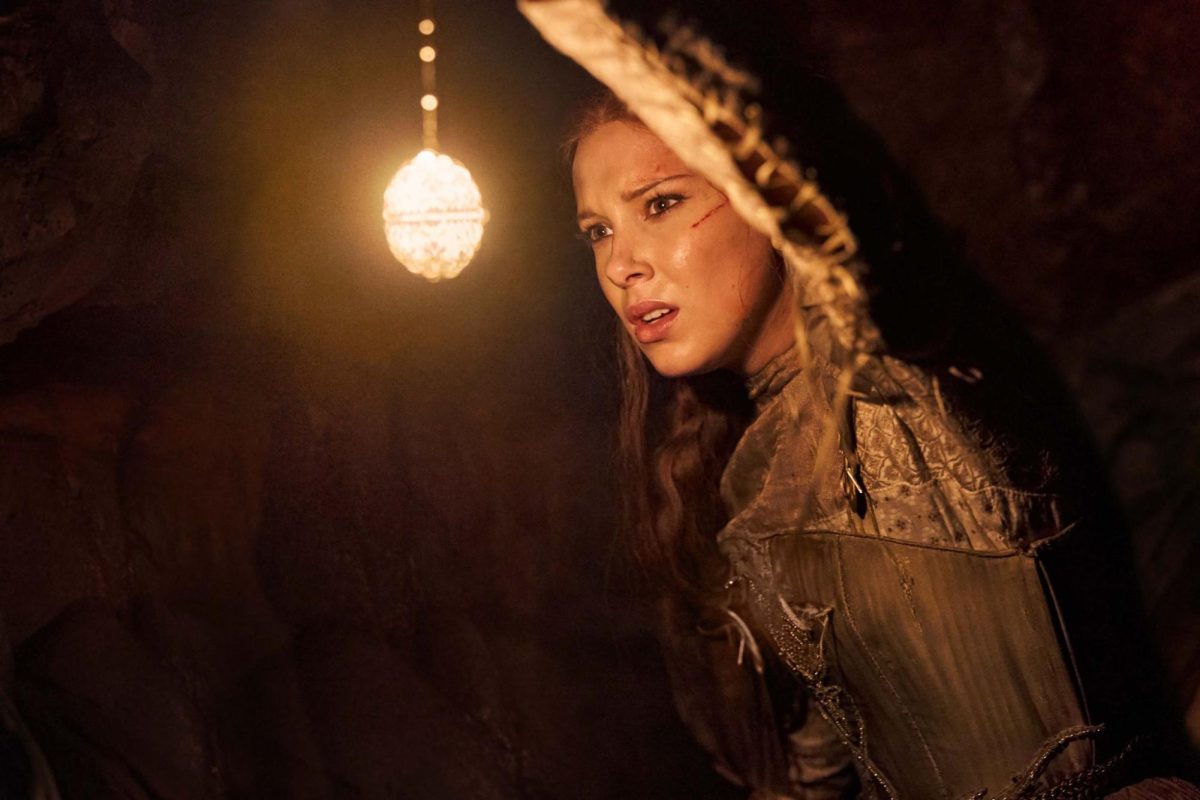
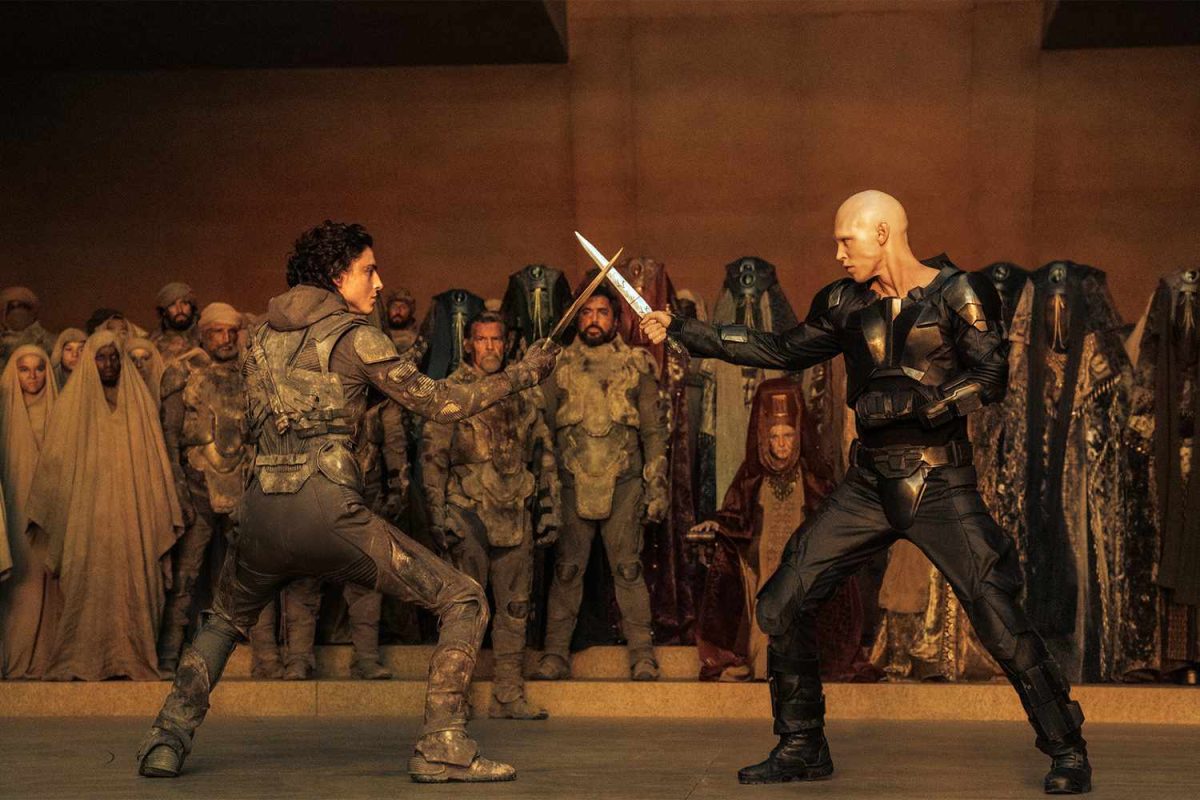



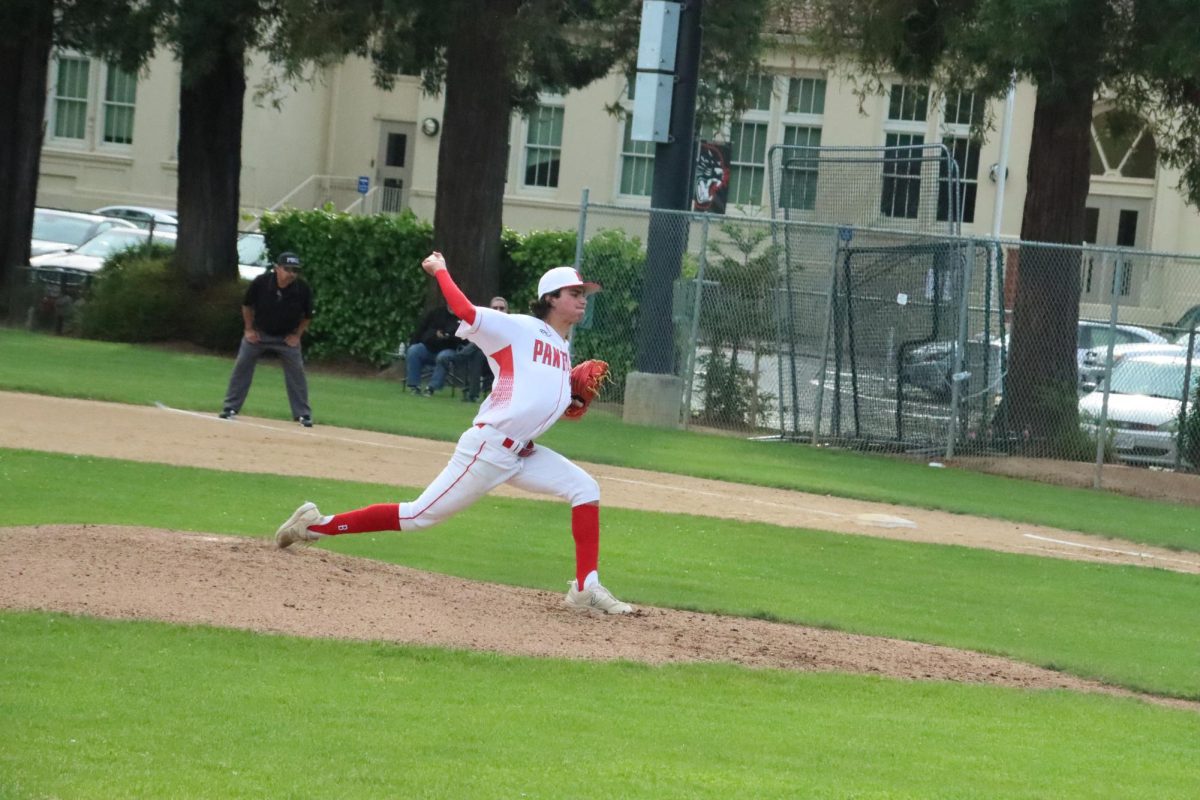
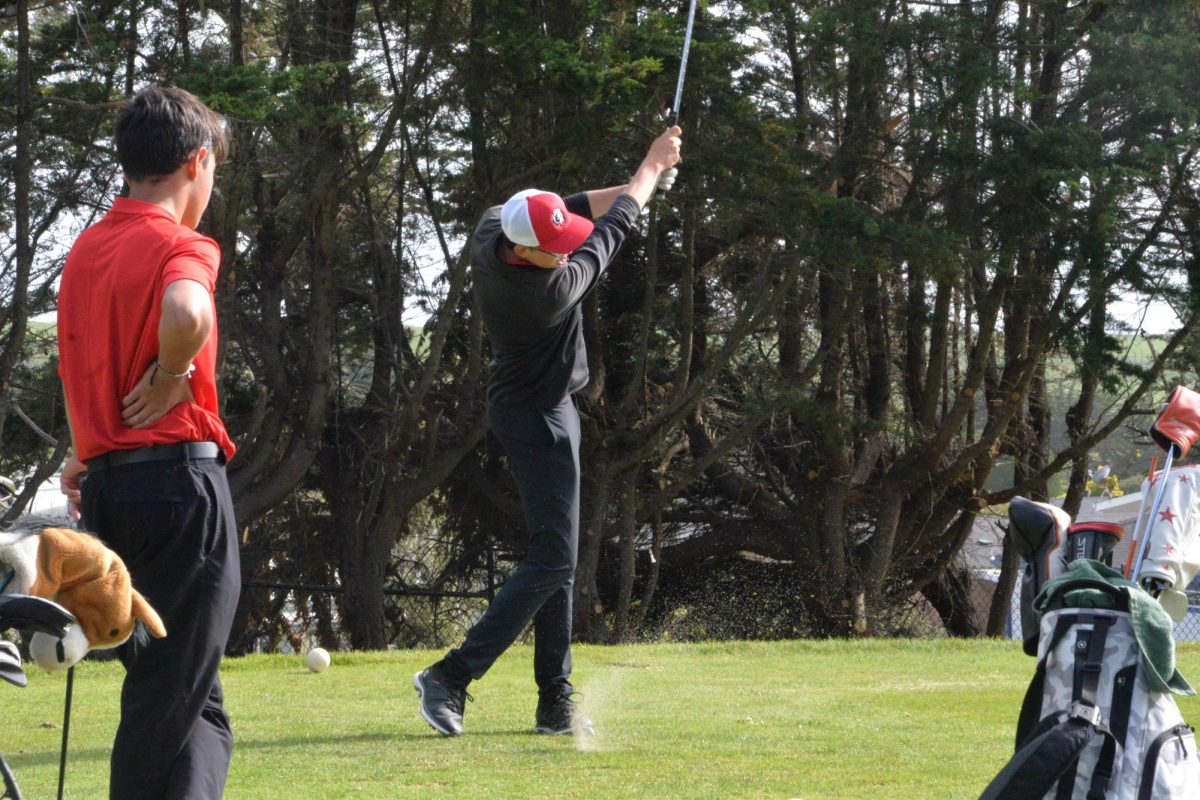
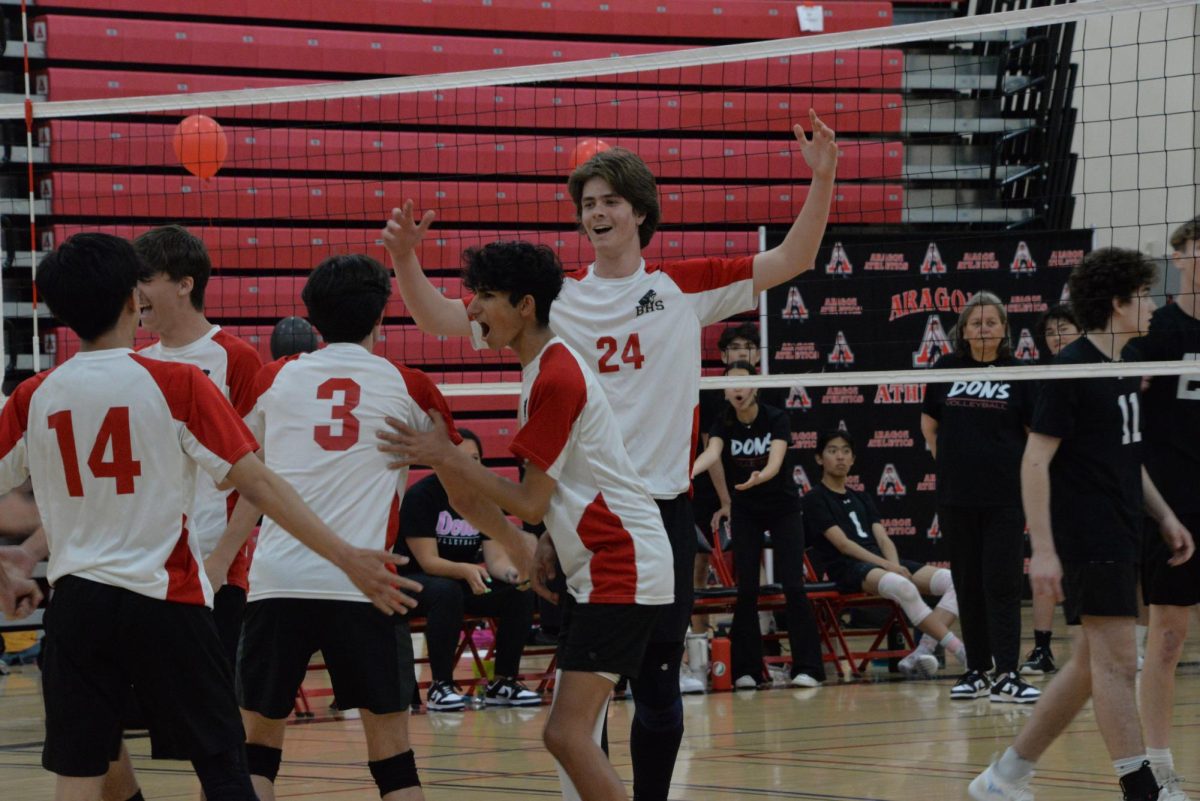

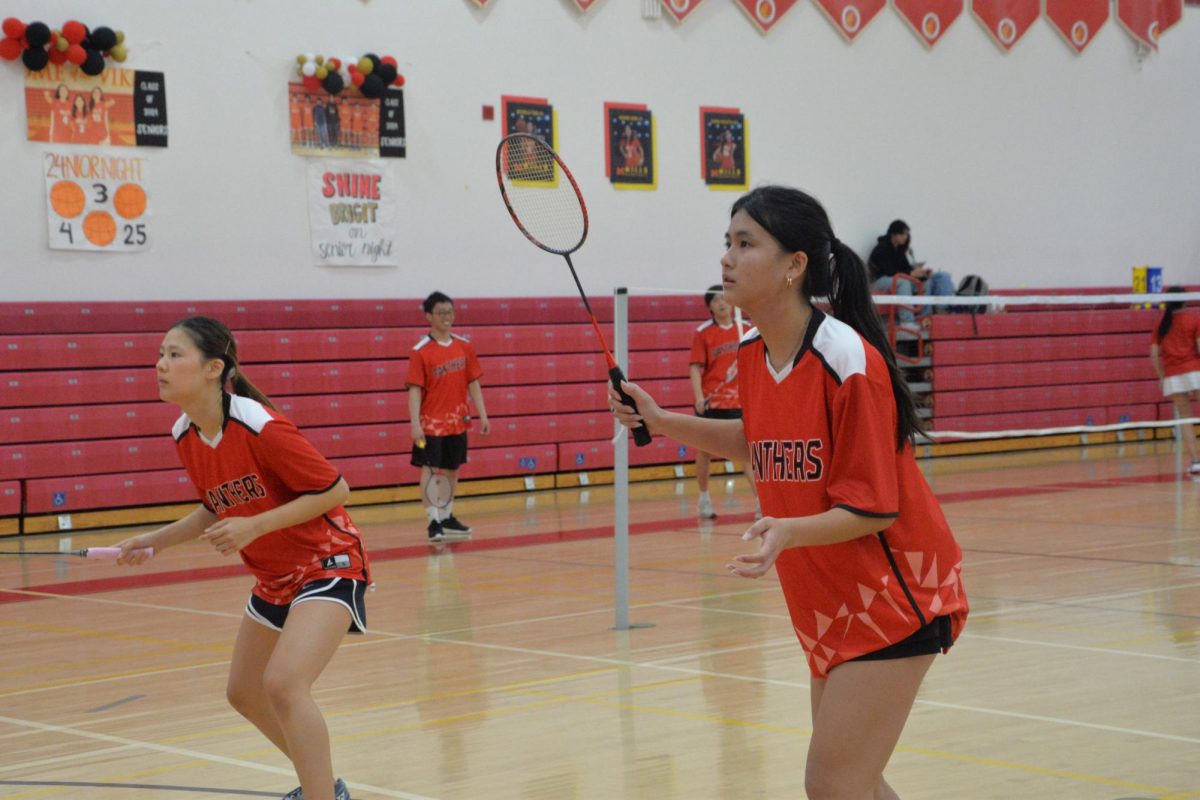
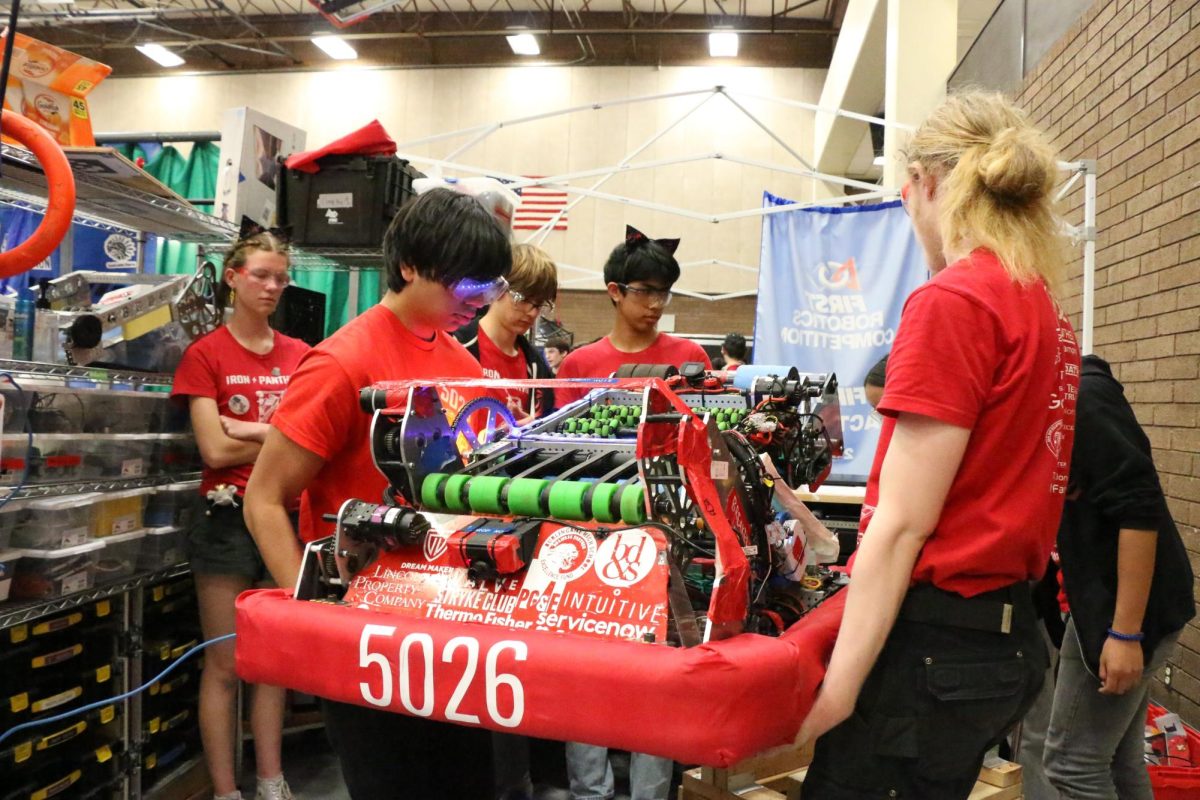
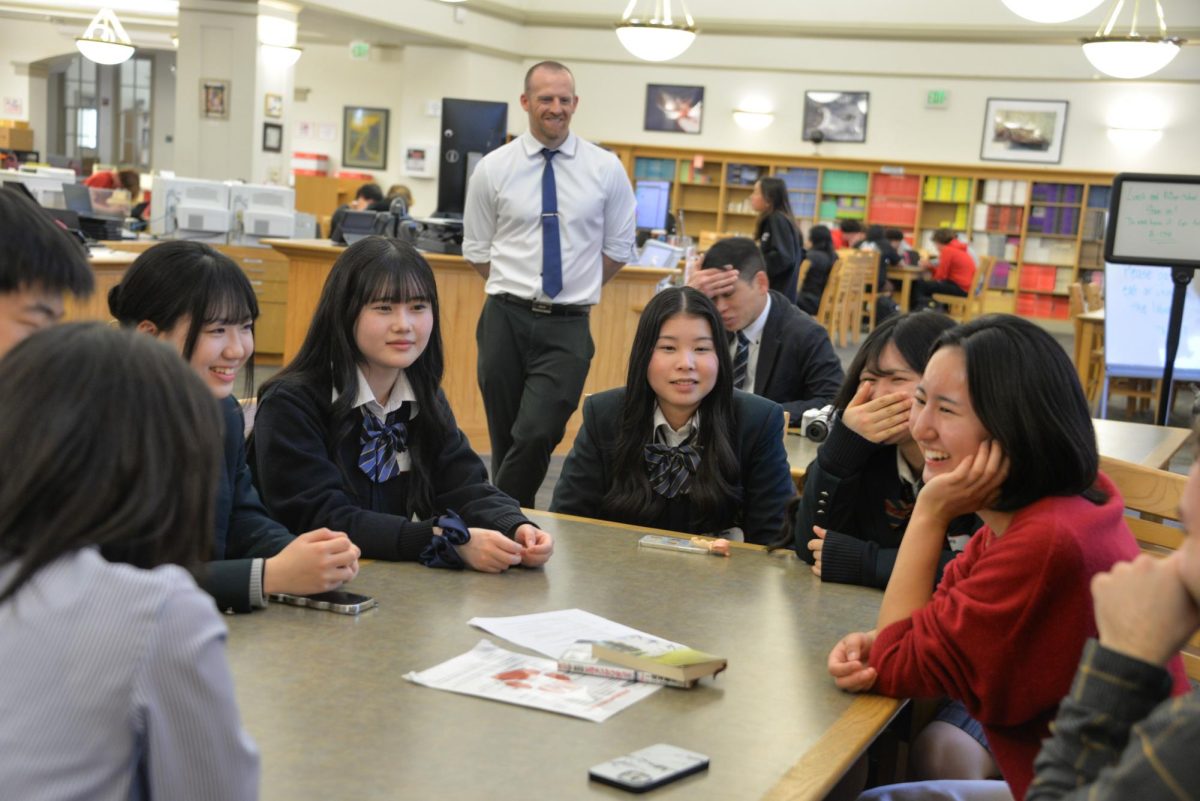
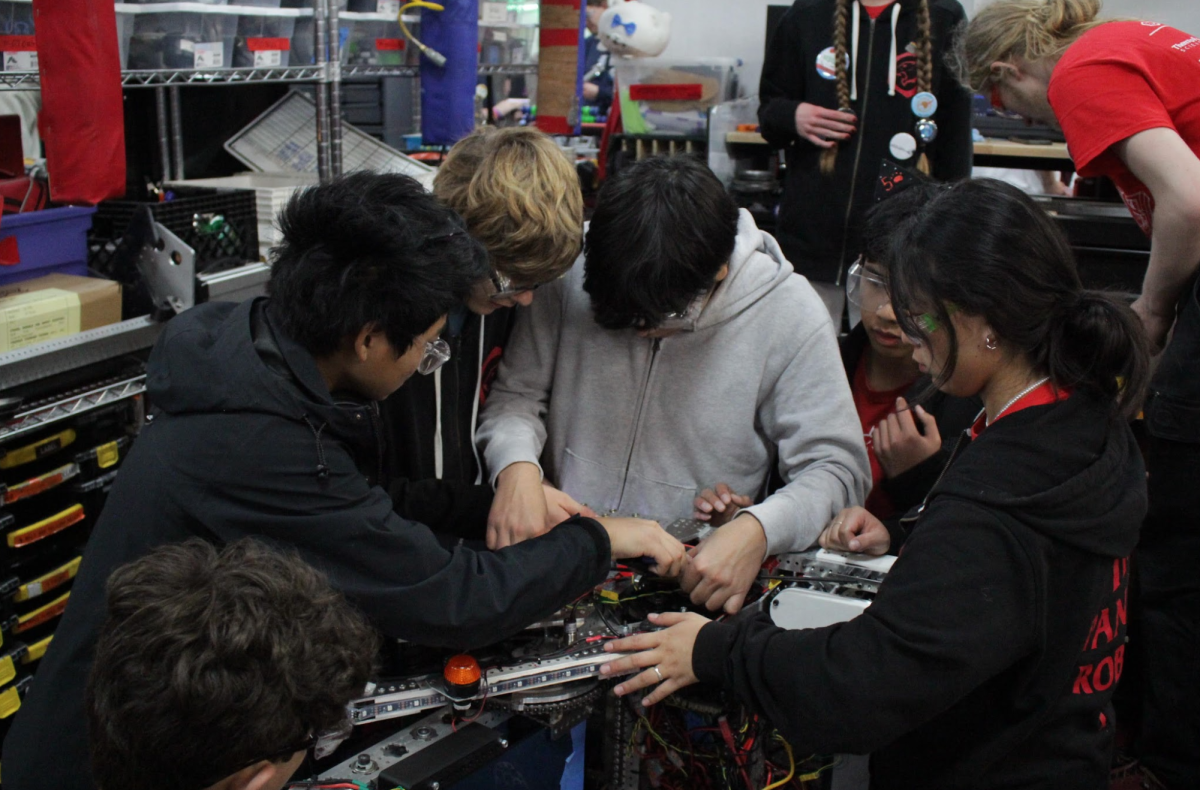
![“For me personally, I want [others] to see the music program as a strong union because we can really bring out the life of our school,” Vega said. “We need music, you know? Otherwise, things would be really silent and dead.”](https://theburlingameb.org/wp-content/uploads/2024/03/unnamed-1200x801.jpeg)







